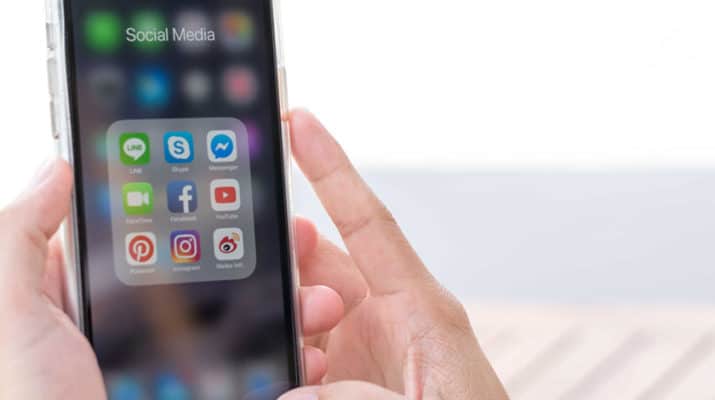By Deborah Jeanne Sergeant
It seems there are phone apps available to address every difficulty of life. Numerous apps address the many facets of substance abuse, from accountability to isolation.
But are apps really helpful in assisting those in recovery?
Geoff Hopkins, psychiatrist with St. Joseph’s Health, thinks that apps can be helpful, but only for “someone who’s already in the stage of recovery where they have decided to maintain sobriety,” he said. “They’ve already been able to stop using the substance and they’ve worked with a professional that they’re ready. It’s an additional tool for the maintenance phase.”
It also helps if they feel at ease using phone apps. People accustomed to using technology may feel much more comfortable reaching for an app than those who don’t use smartphones.
In addition, for those who feel stigmatized in seeking help face-to-face, apps offer anonymity.
Hopkins said that FDA-approved apps such as Nomo and Pear reSET from Pear Therapeutics are helpful. The reSET app helps with identifying the individual triggers for substance abuse. Nomo is a sobriety clock that includes distractions to help when the app detects a possible relapse. The personalized nature of the apps is what makes them so helpful to those in recovery.
“It’s an adjunctive form of cognitive behavioral therapy to try to help people recognize situations that trigger emotional and behavioral response that leads people to abuse the substance and remind them that they have a different choice,” Hopkins said.
Alcoholics Anonymous’ AA Big Book Free provides access to AA materials, a meeting locator, podcasts, sobriety calculator/tracker and more.
Hopkins added that while these apps offer help for many substance use disorders, they aren’t as helpful for opioid addiction.
“That’s something that needs to be treated with special medical intervention,” he said.
He likes that apps can help people anytime and at their convenience. Whether it’s in the middle of the night, when a non-crisis counselor isn’t available, or on a lunch break surrounded by coworkers, an app can help.
Many substance abuse disorders arise from trauma as people self-medicate the accompanying anxiety and depression. Choosing a healthy means to cope can help those in recovery.
Jack Houck, Ph.D., with Psychological Healthcare in Syracuse, has recommended Breathe2Relax to clients, since they can use it with an earpiece anytime they need a little help.
“Nobody in the room would know what they’re doing,” Houck said.
Others may assume it is music or white noise, for example, which many people use to help improve their focus on their work. But any stressed person — not just someone with a substance abuse disorder — may find Breathe2Relax a good way to unwind. That aspect of these apps can be very normalizing for those in recovery.
Though phone apps can’t take the place of professional help, they can augment it and provide easily accessible help as needed.
Hopkins believes that the use of technology to aid people in recovery will only continue to grow.
“It’s one of many tools that can help with the recovery process, but it’s not a substitute for personal connection with a recovery specialist,” he said. “It will be a thing to help re-enforce the content of your psychotherapeutic process and visits.”

